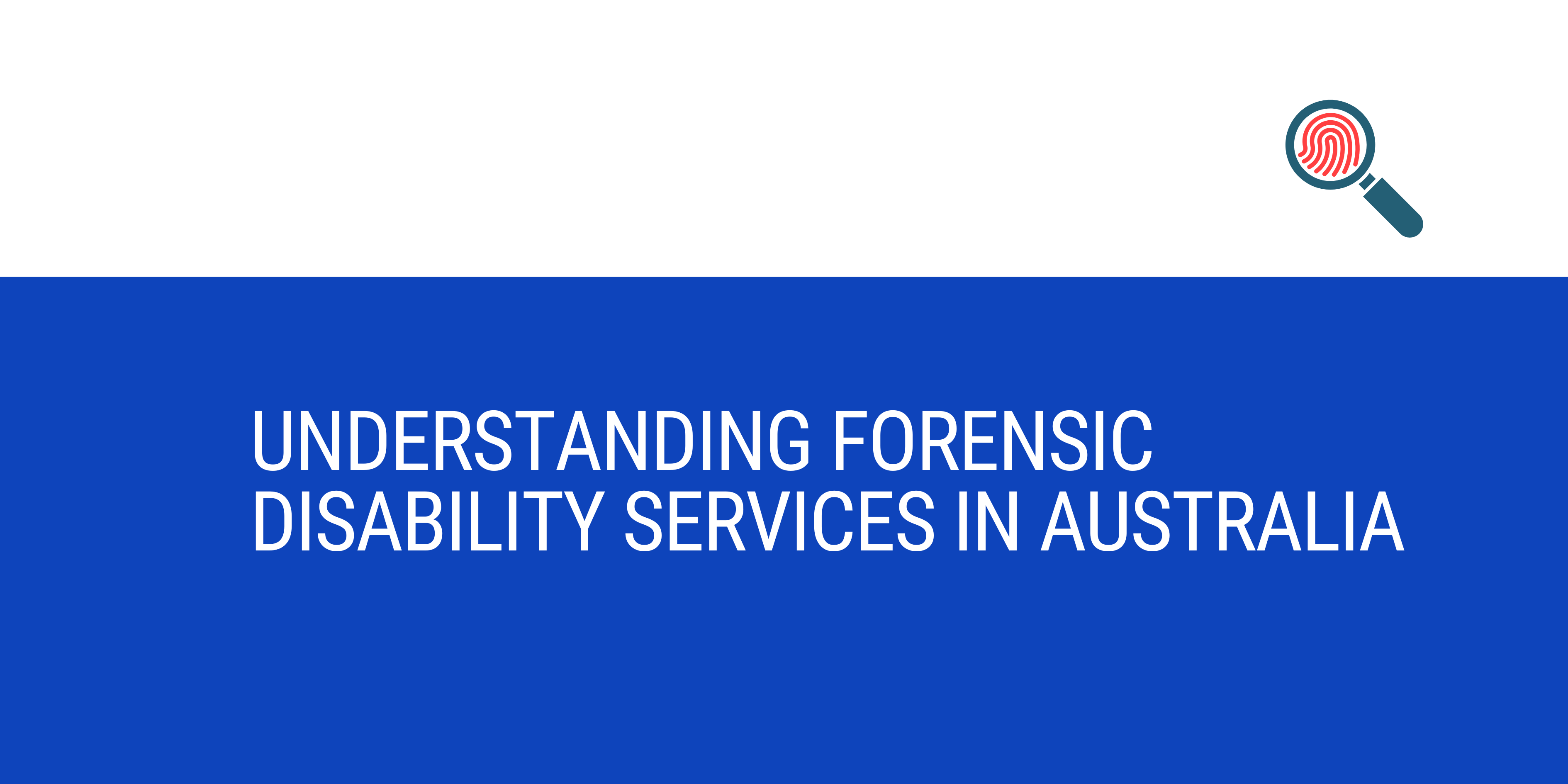Forensic Disability Services play a crucial role in supporting individuals with cognitive or psychosocial disabilities who come into contact with the criminal justice system. These services aim to address the complex needs of this vulnerable group while also ensuring community safety, rehabilitation, and long-term positive outcomes.
What Are Forensic Disability Services?
Forensic Disability Services are specialised supports tailored for people with disabilities primarily intellectual disability, autism, or mental health conditions who have been involved in the justice system. This involvement may include arrest, court proceedings, incarceration, or community-based corrections.
These services ensure that individuals receive the care, support, and behavioural interventions they need while navigating legal and correctional processes. They also aim to reduce reoffending and promote social reintegration.
Who Can Access These Services?
People may be eligible for Forensic Disability Services if they:
-
Have a diagnosed intellectual or cognitive disability
-
Have been found unfit to plead or not guilty due to mental impairment
-
Are involved with the justice system due to behaviour linked to their disability
-
Pose a risk to themselves or others if not adequately supported
In most cases, referrals are made through legal, medical, or disability professionals, including forensic clinicians, NDIS support coordinators, or courts.
Types of Support Provided
Forensic Disability Services are often delivered in collaboration with multiple agencies including the NDIS, Department of Justice, and mental health services. Supports may include:
1. Behaviour Support and Risk Management
-
Specialist Positive Behaviour Support (PBS) plans
-
Restrictive Practice authorisation and oversight
-
Ongoing therapeutic intervention
2. Specialist Accommodation
-
Secure or supervised housing environments
-
Supported Independent Living (SIL) with 24/7 staffing
-
Transition pathways to less restrictive settings
3. Skill Development and Rehabilitation
-
Life skills, emotional regulation, and social skill programs
-
Trauma-informed care and mental health treatment
-
Vocational and educational training
4. Legal and Case Coordination
-
Court liaison and expert disability reports
-
Advocacy and guardianship support
-
Collaborative case management with legal and justice professionals
The Role of the NDIS
The National Disability Insurance Scheme (NDIS) plays a key role in funding and facilitating forensic disability services for eligible participants. NDIS plans may include:
-
Core supports for daily activities and supervision
-
Capacity building for improved relationships, behaviour, and community participation
-
Specialist behaviour intervention from qualified practitioners
NDIS forensic support is person-centred and tailored to address both disability-related needs and risk factors associated with offending behaviour.
Why These Services Matter
People with disabilities are overrepresented in the justice system often due to a lack of early intervention, limited support, and misinterpretation of their behaviours. Without appropriate services, these individuals may face repeated incarceration or institutionalization, contributing to long-term disadvantage.
Forensic Disability Services provide a more humane, effective alternative. By focusing on rehabilitation rather than punishment, these services create safer outcomes for both individuals and the broader community.
Need Support?
At Expert Care Services, we understand the sensitive and complex nature of forensic disability support. Our team provides tailored, high-quality support for individuals with high behavioural needs and those navigating the justice system. If you’re a family member, carer, or professional needing assistance, we’re here to help.
Contact us today to learn how we can support you or your client through a personalized, person-first approach.
